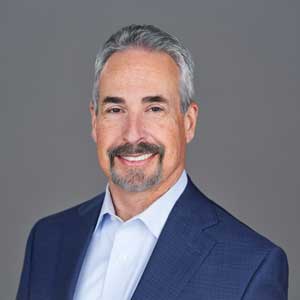Dean's Message
Message from the Dean

Welcome to the Fowler College of Business at San Diego State University.
At Fowler, we believe that business has the power to transform lives and communities by creating opportunity, advancing knowledge, and inspiring meaningful action. Whether you are an alumnus, a current or prospective student, a parent, or a business leader, we invite you to be part of a community committed to shaping the future of business for the better.
Fowler students don’t just learn about business—they experience it. Our curriculum combines academic rigor with hands-on learning opportunities that prepare students to thrive from day one of their careers. Through internships, consulting projects, case competitions, and mentorship, our students gain the practical knowledge and professional readiness that today’s business environment demands.
Innovation and entrepreneurship are part of our DNA. Our students launch ventures, explore emerging technologies such as artificial intelligence, and engage with global markets in ways that prepare them to lead in a rapidly changing world. From our Lavin Entrepreneurship Center and Corky McMillin Center for Real Estate to our Wendy Gillespie Center for Advancing Global Business and James Silberrad Brown Center for Artificial Intelligence, Fowler offers a portfolio of experiences that empower students to explore bold ideas and solve real-world problems.
Faculty at Fowler bring this vision to life. As thought leaders, researchers, and mentors, they challenge students to think critically and ethically while also advancing knowledge in areas such as sustainability, analytics, and social responsibility. Their work in and beyond the classroom enriches our community and helps ensure our graduates are prepared to lead with insight and impact.
We are also proud of the strength and reach of our Aztec network. As part of a leading public university located in one of the most dynamic regions in the country, we are deeply connected to the industries and communities that surround us. Our Fowler alumni—more than 80,000 strong—are proud Aztecs who make a difference across California and around the globe, and their continued involvement provides our students with an invaluable network of support, guidance, and inspiration.
Thank you for your interest in the Fowler College of Business. I invite you to explore our programs, connect with our community, and discover how together, we can shape the future of business.
Dan Moshavi, Ph.D.
Thomas & Evelyn Page Dean
Fowler College of Business
San Diego State University

